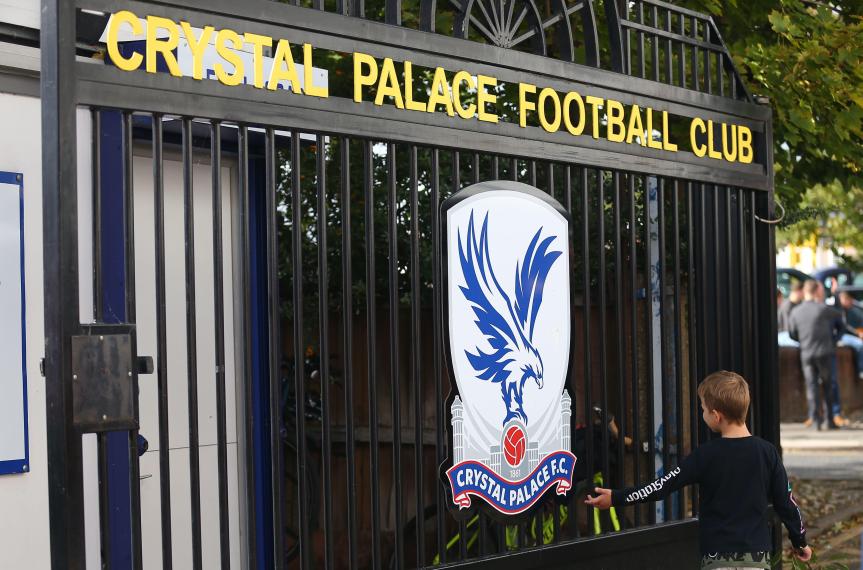THE name of a club invariably has real meaning. While most tell us where they come from and rely on that name alone, other clubs need to have a little extra, perhaps to differentiate themselves in a big city or town, or maybe they seek some sort of recognition of their origins. In England, most club names are fairly conventional, using “Town”, “City” or “United” as part of their identity, but in continental Europe, there has always been a history of politically or socially-motivated titles. In the old eastern bloc, for example, there was a plethora of Spartaks, Dynamos and Lokomotives. There were other, less obvious examples, such as Dukla, Legia and Vorwärts, all of whom with army connections.
Interestingly, there is not always a clear understanding of how club names have originated. For example, in Major League Soccer, they have Real Salt Lake City, a club from Utah. They adopted the “Real” clearly in tribute to the mighty Real Madrid, which translates as “Royal”, representing the club’s patronage by the monarch. For a US club, founded in 2004, to use this as part of identity was neither accurate or appropriate because it suggests a misunderstanding of what Real Madrid means and stands for. They are not the only MLS club who have aped a European football institution; Inter Miami may want to portray themselves as an international and cosmopolitan club, but at first glance, it looks like the sort of name a hipster fan would give their fantasy football selection.
Similarly, Arsenal in England has a name which struggles to have relevance in the modern age. It originates from the club’s early history when they were known as Woolwich Arsenal, based in south London. There was no military arsenal in north London but they retained their identity when it might have been more respectful to adopt one that reflected the neighbourhood they had moved to – Highbury Hotspur or Inter Islington, perhaps! Arsenal are not alone, for Chelsea is based in London SW6, which is essentially Fulham. Among the names suggested when they were formed included Kensington FC.
Most football clubs owe their roots to the military, religion, academia, politics or industry, so some carry a name that suggests a link or have done so in the past. Clubs like Everton, Aston Villa, Fulham, Manchester City and Southampton all had connections to churches. Manchester United started out with railway workers, West Ham were originally Thames Ironworks and Liverpool was the result of a breakaway from Everton. Very few were formed as a business idea by enterprising individuals – football was seen as much-needed recreation for working class folk, hence factory and mill owners were often keen to fund teams to keep their workforce happy.
Primarily, clubs were supposedly representative of their community and many took the name as a standalone, such as Burnley, Blackpool, Middlesbrough, Stevenage and Walsall. Others added some description – Luton Town, Ipswich Town, Swindon Town and Crawley Town, to name but a few. If they were from a bigger development, it might be Norwich City, Stoke City or Bradford City. And then there were the clubs who might not have had a permanent home, so the tag “Wanderers” became a descriptive part of their name – Bolton Wanderers, for instance. Rovers (and Rangers) also imply a lack of permanent residence, not uncommon in football’s nascent years when clubs played where they could find a pitch.
And then there’s the “Uniteds” of this world. Newcastle United is the result of a series of mergers, the last being between Newcastle East End and Newcastle West End in 1892. Sutton United, a recent arrival in the Football League, was an old merger between Sutton Guild Rovers and Sutton Association. United has also been used to describe the ethos of a club – a group of people united in the cause.
Albion is an almost uniquely British phrase, although there are only three among the 92 – Brighton & Hove Albion, West Bromwich Albion and Burton Albion. The word albion is actually an alternative name for Great Britain, seldom used these days.
If we ever needed a reminder that football names have a logical explanation it is surely Sheffield Wednesday, so called as their origins belonged to shopkeepers who played football on their Wednesday afternoons. Of course, some of the early clubs came from the Old Boy network, notably Old Etonians, FA Cup winners in 1879 and 1882, and Old Carthusians, winners in 1881. Clubs with names akin to the public school era of the game can be found today in the Southern Amateur League.
Club names are part of the romance of the game and the mere mention of Crewe Alexandra, Accrington Stanley, Preston North End, Plymouth Argyle and Nottingham Forest provide us with evidence that football has a rich and varied history.

